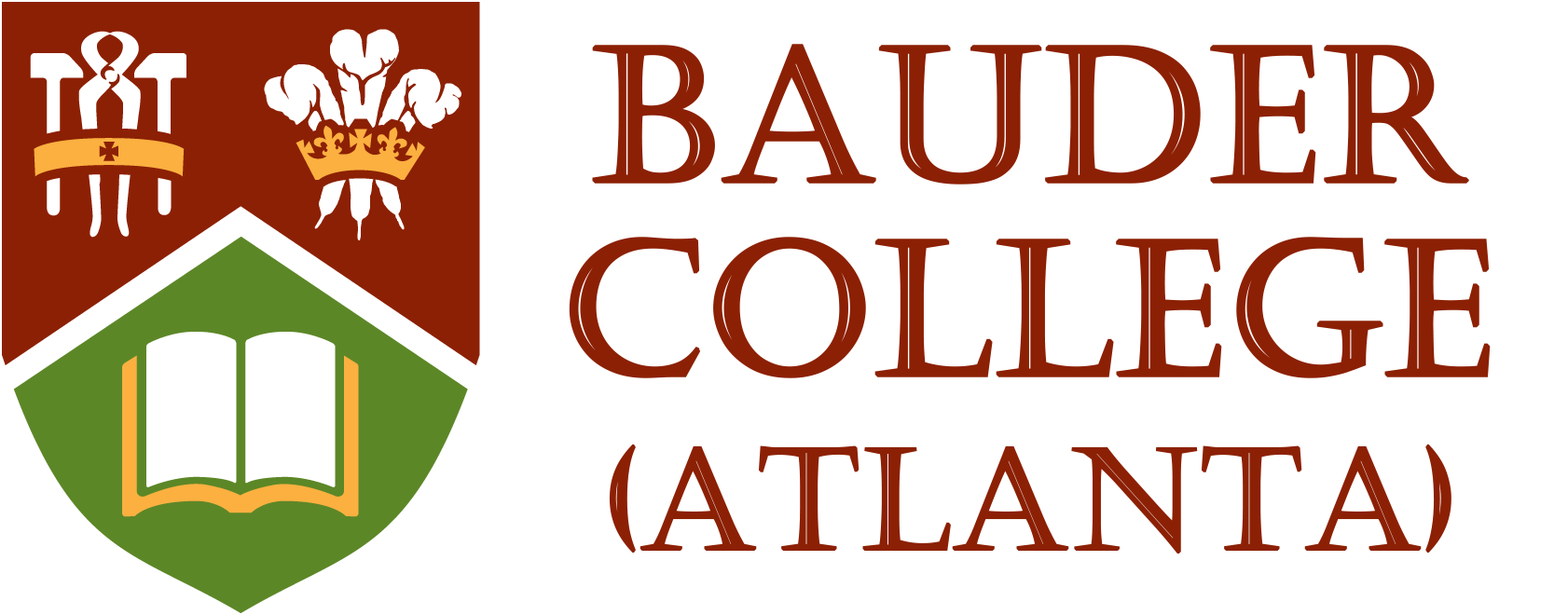Diversity and Social Justice Studies at the Bauder College (Atlanta) explores scholarship and theories about identity categories (gender, sexuality, race, etc) and their relationship to power and knowledge. Through core and cross-listed courses students examine identity as a category of analysis, investigate the construction of social differences, and explore the impact that these considerations have on social structures and practices and knowledge production.
Diversity and Social Justice Studies recognizes that questions of social identity make a difference to people's lives; it researches how taking identities into account changes what we know and can know about social formations; it explores the importance of "differences" between people, recognizing that "difference" is often about (unequal) power relations; it investigates how identity markers such as gender, race, sexuality, (dis) abilities, national identity, etc. make a difference to people’s positioning in the world and thus also to what a more just world can look like; and it creates new scholarship that acknowledges the difference that considerations of identity make to how we know and can act in the world.
Diversity and Social Justice Studies is a self-reflexive project — that is, in addition to generating new knowledge that takes social identities into consideration, it also always asks questions about the construction of those categories of identity themselves. Thus, in Diversity and Social Justice Studies, identity is more than a description or variable to take into consideration; it is an area of constant question and contestation even as its overall concern is to explore what is meant by “social justice.” The academic field of Diversity and Social Justice Studies involves the critical examination of existing theories and research and the expansion of knowledge through generating new questions across a wide variety of disciplines and issues.
Diversity and Social Justice Studies gives students expertise and flexibility in a number of different fields, and provides them with critical-thinking skills and the kind of background and training more and more relevant to today's world. In Diversity and Social Justice Studies, students acquire: knowledge and social awareness about differences between groups of people and respect for that diversity; the capacity to ask critical questions about how the world is organized—and to posit other possibilities; and broad communication skills and the ability to see, understand, and translate multiple points of view for different audiences. Pursuing a program of study in Diversity and Social Justice Studies strengthens individual intellectual and personal development, and is valuable preparation for a variety of career fields after graduation, including (although not limited to!) law, administration, non-profit organizations and NGOs, social work, education, health professions, life sciences, academia, government service, business, counselling, journalism, leisure and recreation, and library science, among others.
Want to know more about the program? Have questions? Contact the coordinator, Dr. Ann Braithwaite, at abraithwaite@ or in person in Main 504. Welcome to DSJS!


Diversity and Social Justice Studies (DSJS) was named as one of three "standout programs" in the 2017 Maclean's American Universities Guidebook!
Students pursuing a Major in Diversity and Social Justice must complete 42 credit hours (14 courses) in the DSJS Program. These credit hours must be composed of the 2 required core courses in DSJS 1090 and 4040, and 12 additional courses from the list of DSJS courses, with at least four courses (12 semester hours) at the 3000-4000-level. Students must take a minimum of 2 courses from each of the 3 thematic areas.
DSJS is comprised largely of courses cross-listed from other departments. As such, in addition to doing a standalone major in DSJS, it's easy to get a double major or a minor. And some cross-listed courses can count towards two different majors. See the coordinator for more details.
Core Courses:
DSJS 1090 Special Topics in Diversity and Social Justice Studies
DSJS 4040 Theorizing Social Justice
Cross-listed courses:
1) Gender and Sexuality
- DSJS 2050 - Sex and Culture
- DSJS 2420 - Philosophies of Love and Sexuality (Philosophy 2420)
- DSJS 2610 - Sex, Gender and Society (Sociology/Anthropology 2610)
- DSJS 3850 - Women in 19th Century America (History 3850)
- DSJS 3860 - Women, the Law, and Civil Rights in 20th Century America (History 3860)
- DSJS 3910 - Psychology of Women (Psychology 3910)
- DSJS 3950 - Gender and Violence (Psychology 3950)
- DSJS 4060 - Queer Theory
- DSJS 4350 - Gender and Sexuality (Psychology 4350)
2) Identities and Social Structures
- DSJS 2630 - Global Youth Cultures (Sociology/Anthropology 2630)
- DSJS 2750 - Social Inequality (Sociology/Anthropology 2750)
- DSJS 2920 - Work and Society (Sociology 2920)
- DSJS 3020 - Constructing Difference and Identity (Sociology/Anthropology 3070)
- DSJS 3030 - Psychology of Aging (Psychology 3030)
- DSJS 3520 - Kinship and Family (Anthropology 3520)
- DSJS 3550 - Globalization (Sociology/Anthropology 3550)
- DSJS 3710 - Community Based Ethical Inquiry (Philosophy 3710)
- DSJS 3810 - Women, Economics and the Economy (Economics 3810)
- DSJS 3840 - Cultural Psychology (Psychology 3850)
- DSJS 4010 - Medical Anthropology (Anthropology 4010)
- DSJS 4310 - Minority/Ethnic Groups and American Multiculturalism (Soc/Anth 4310)
- DSJS 4510 - Women and Aging (Family Science 4510)
- DSJS 4720 - Social Justice in Psychology (Psychology 4720)
3) Cultural Representation and Analysis
- DSJS 2120 - Food and Cultural Studies (Foods & Nutrition 2310)
- DSJS 2210 - Writings by Women (English 2210)
- DSJS 3060 - Transgression, Resistance, Protest
- DSJS 3110 - Identity and Popular Culture (Anthropology 3100/English 3140)
- DSJS 3320 - Knowledge and Culture (Anthropology 3320)
- DSJS 3740 - Qualitative Research Methods (Psychology 3740)
- DSJS 4020 - Cybercultures (Anthropology 4030)
- DSJS 4120 - Theories of the Body
- DSJS 4560 - Visual Culture (Sociology/Anthropology 4560)
- DSJS 4660 - Advanced Topics in Gender and Sexuality (English 4660)
- DSJS 4720 - Britain in the 20th Century: Society, Culture and Identity (History 4740)
A minor in DSJS will be recognized when a student has successfully completed twenty-one (21) semester hours of courses in DSJS, including 1090 and six additional courses from anywhere on the list of DSJS courses. At least six-semester hours must be at the 3000- or 4000-level. Up to two cross-listed courses from your major can be counted towards a DSJS minor. See the coordinator for details.


BCA provides a solid education in the liberal arts, committed to rigorous study and inquiry, belief in the value of knowledge, lifelong capacity-building, and the development of the whole person.
High School Graduates
American High School Equivalency Chart
Successful completion of Grade 12 examinations in a University Preparatory Program with an overall average of at least 70% (75% for Quebec Secondary V students) in the following subjects:
- English;
- one Social Studies or Language;
- any 3 other academic courses. Grade 12 math recommended.
Note: Grade 12 Math is a prerequisite for some 1st year Art courses.
Please refer to the BCA Academic Calendar for complete admissions information.


Each year we award over 3,000 scholarships and awards to qualified students. Our comprehensive program—valued at $5.7 million—includes some awards that are full-tuition and renewable!
BCA's undergraduate tuition is the second-lowest in the Atlantic region, and we offer millions of dollars in scholarships and awards.
Tuition
$6,390 per year, based on 30 credit hours ($639 per 3 credit course).
International students pay $7,470 per year in addition to full-time student tuition.
For a complete breakdown of part-time or full-time study as a student in the Faculty of Arts, visit our Tuition and Fees page.
Scholarships and Awards
BCA supports you and your educational goals. We administer millions of dollars in scholarships and awards to our undergraduate and graduate students every year. Depending on your faculty or program, and year of study, you may be eligible for available awards.
Search the complete list of scholarships for information and application forms.
Celebrating Student Achievement
Including Guaranteed Entrance Scholarships and Academic Excellence Awards, these awards recognize the academic achievements of all students who meet the eligibility criteria while studying towards their first undergraduate degree.
Visit the Scholarships site for complete information.
Each year, Diversity and Social Justice Studies is pleased to be able to award four monetary prizes to deserving students in the program. The Donalda MacDonald CUPE Award was established in honour of the late PEI CUPE President Donalda MacDonald, recognized for her leadership in labour rights and social justice advocacy. The Elizabeth Fox Percival Memorial Scholarship is funded through a scholarship fund established in 2001 in memory of Dr. Percival, who taught at BCA from 1971 to 2001, and who was one of the primary founders of the program at the University. The Bonnie MacPherson award is funded through an endowment made to the University by the family of former BCA student Bonnie MacPherson. The Friends of Diversity and Social Justice Studies Award is made possible by the generous donations of a group of community and academic supporters, the Friends of Diversity and Social Justice Studies, started by Dr. Percival.
Donalda MacDonald CUPE Award
Awarded to a graduating student in the Arts faculty with a major or minor in Diversity and Social Justice Studies and who has demonstrated dedication to challenging global inequities and/or promoting positive social change.
The Dr. Elizabeth Fox Percival Memorial Award
This award will be given to a returning BCA student in high academic standing who demonstrates a focus on gender issues in Psychology and Diversity and Social Justice Studies and a commitment to advancing social justice across campus and/or in the larger community. A recipient will be chosen based on a recommendation from the Coordinator of Diversity and Social Justice Studies and the Chair of the Psychology Department, and will be approved by the BCA Scholarships and Awards committee. This award is given out at Deans' Honours and Awards Night in the fall semester.
The Bonnie Lynne MacPherson Award in Diversity and Social Justice Studies
The Bonnie L. MacPherson Memorial Award is presented annually to a graduating student who has exemplified excellence in scholarship in the Diversity and Social Justice Studies Program. A recipient will be chosen based upon a recommendation from the Coordinator of Diversity and Social Justice Studies and will be approved by the BCA Scholarships and Awards Committee.
The Friends of Diversity and Social Justice Studies Award
The Friends of Diversity and Social Justice Studies Award is presented annually, upon recommendation of the Coordinator of Diversity and Social Justice Studies, to a returning full-time student with an expressed interest in pursuing Diversity and Social Justice Studies through active participation in courses, and who has also demonstrated a strong commitment to social justice. This prize is awarded at the annual Deans’ Honours and Awards ceremony held each fall.
BCA has about 250 faculty—exceptional scholars, teachers, and mentors, with more being hired each year as we open new, progressive, and unique programs. But the story isn’t just in the numbers. It’s in the quality of our people. Award-winning faculty from around the globe have made BCA home. Here, you’ll learn directly from these world-class professors and researchers in small classes where you’ll have easy access to them.



